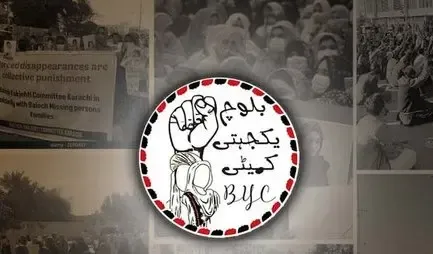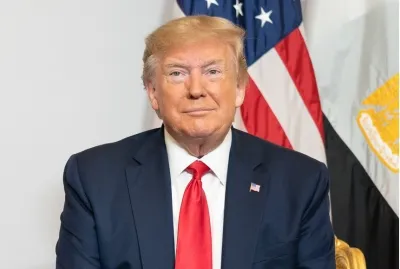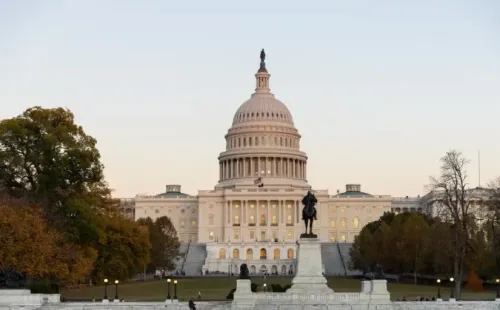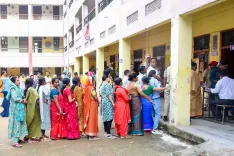Does the Ceasefire Agreement Show India's and Pakistan's Commitment to Regional Peace?
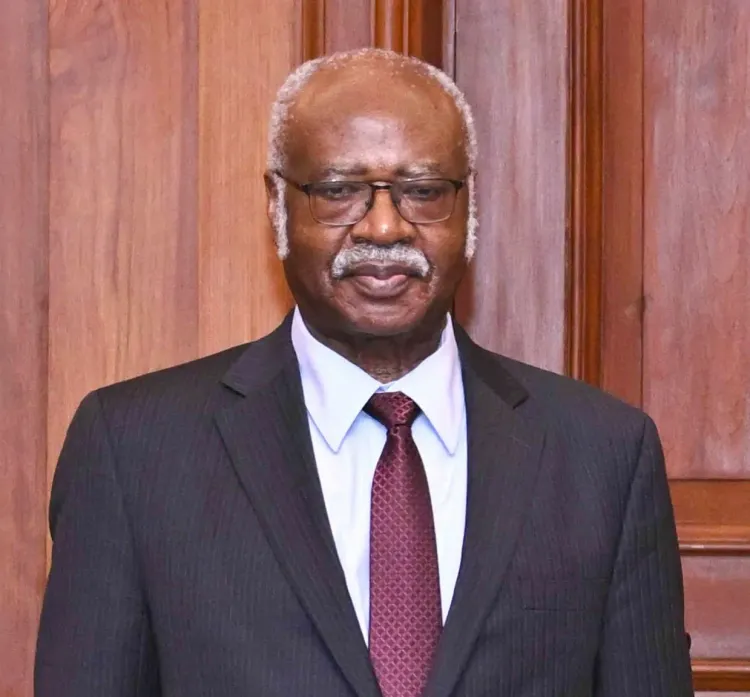
Synopsis
Key Takeaways
- Ceasefire agreement shows commitment to peace.
- Violations by Pakistan raise concerns.
- India's military response is ongoing.
- International community advocates for de-escalation.
- Guterres condemns violence against civilians.
United Nations, May 11 (NationPress) The President of the United Nations General Assembly, Philemon Yang, remarked that the recent ceasefire agreement established between India and Pakistan is a clear indication of their dedication to maintaining regional peace.
In his welcoming statement on Saturday, he noted, "This is a significant move towards de-escalation, showcasing the resolve of both countries to achieve stability in the region."
UN Secretary-General Antonio Guterres views the ceasefire as a "positive advancement" in reducing tensions and expresses hope that it will pave the way for "enduring peace," as shared by his spokesperson, Stephane Dujarric.
The ceasefire was agreed upon on Saturday, yet shortly after, reports emerged of Pakistan violating the terms of the ceasefire.
In response, Foreign Secretary Vikram Misri stated that Indian military forces have adequately responded to these ceasefire breaches.
During a press briefing, Misri emphasized that the government is taking the Pakistani violations seriously, stating, "This constitutes a breach of understanding. The military is closely monitoring the developments."
He explained that the agreement to cease ongoing hostilities was reached that evening, although subsequent hours saw significant violations from the Pakistani side.
It is important to note that earlier this week, India initiated 'Operation Sindoor,' targeting what they described as "terrorist infrastructures" in retaliation for the tragic killing of 26 individuals in Pahalgam, a tourist destination in Kashmir, attributed to The Resistance Front, linked to the Pakistan-based Lashkar-e-Taiba.
Amid escalating tensions last week, Guterres expressed profound concern regarding the conflict, stating, "The global community cannot afford a military clash between India and Pakistan."
He has consistently urged for a de-escalation of the situation, even holding a dedicated meeting with reporters on the matter.
Numerous international leaders, including US Secretary of State Marco Rubio, have been urging both Indian and Pakistani leaders to ease tensions, while Guterres' Deputy Spokesperson Farhan Haq remarked, "We support all initiatives aimed at de-escalating the situation."
Guterres has condemned the terrorist act in Pahalgam in the strongest terms, asserting, "Attacking civilians is intolerable, and those accountable must face justice through transparent, credible, and lawful processes."

